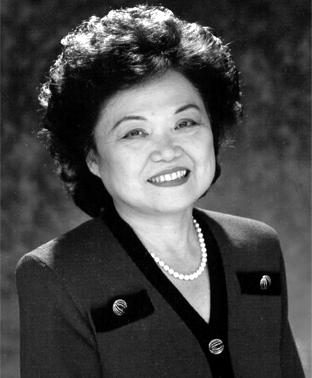What can we learn about discrimination at work from current political trends?
As reported by Politico:
roughly 13 percent of Americans think men are “better suited emotionally” than women to hold office, according to an analysis by the Georgetown University Center on Education and the Workforce of data from the General Social Survey. The report notes that figure is lower than it’s ever been — and indicates major progress, especially compared with 1975, when nearly 50 percent of Americans held the belief — but it’s still big enough to “cause candidates to lose elections.”
Republicans are far more critical of female candidates, according to the report. By 2018, Americans who identified as “strong Republicans” — both men and women — were almost three times as likely as those who identified as “strong Democrats” to show bias against women in politics.
Educational attainment makes a big difference, as well. Nineteen percent of Americans whose education level is less than a high school diploma said men are generally better suited emotionally for politics than most women, compared with 7 percent of respondents who have a master’s degree or higher.
Is Discrimination in Politics Reflected at Work?
How does discrimination in politics relate to work? The same people who think women can’t handle the presidency may well be making decisions about whether women should be hired or promoted into professional or management positions. If women are not picked for jobs due to this bias, that’s illegal.
Perhaps even more important, it means that organizations are missing out on well-qualified employees who could help them succeed. (Well-qualified candidates like the late Congresswoman Patsy Mink, pictured.)
How can organizations prevent bias from influencing decisions? First, look at current hiring and retention trends, broken down by manager. If some never hire women—or they’re hired and quickly leave—that’s a clue. The managers of managers should look into training opportunities, and pay more attention to hiring and managing practices.
Employers can prevent discrimination
Many organizations have had good success by having multiple people with diverse perspectives make hiring and promotional decisions. Rather than letting one person make a decision with input from others, everyone involved has an equal vote and voice. That prevents discrimination.
Another practice is to have the resumes reviewed anonymously. Someone in HR removes any indication of the gender, race, age, national origin, etc. of the candidate before the resumes are initially screened.
Of course, training about unconscious bias, and frequent reminders, also can help all of us become more aware of our hidden prejudices so we don’t act on them. And anyone can take the free Harvard test of implicit bias. It may open your eyes! Generally, it has found that most men—and most women—are biased against women. Are you? Take the test here.
Our programs focus on preventing discrimination by treating employees fairly.

